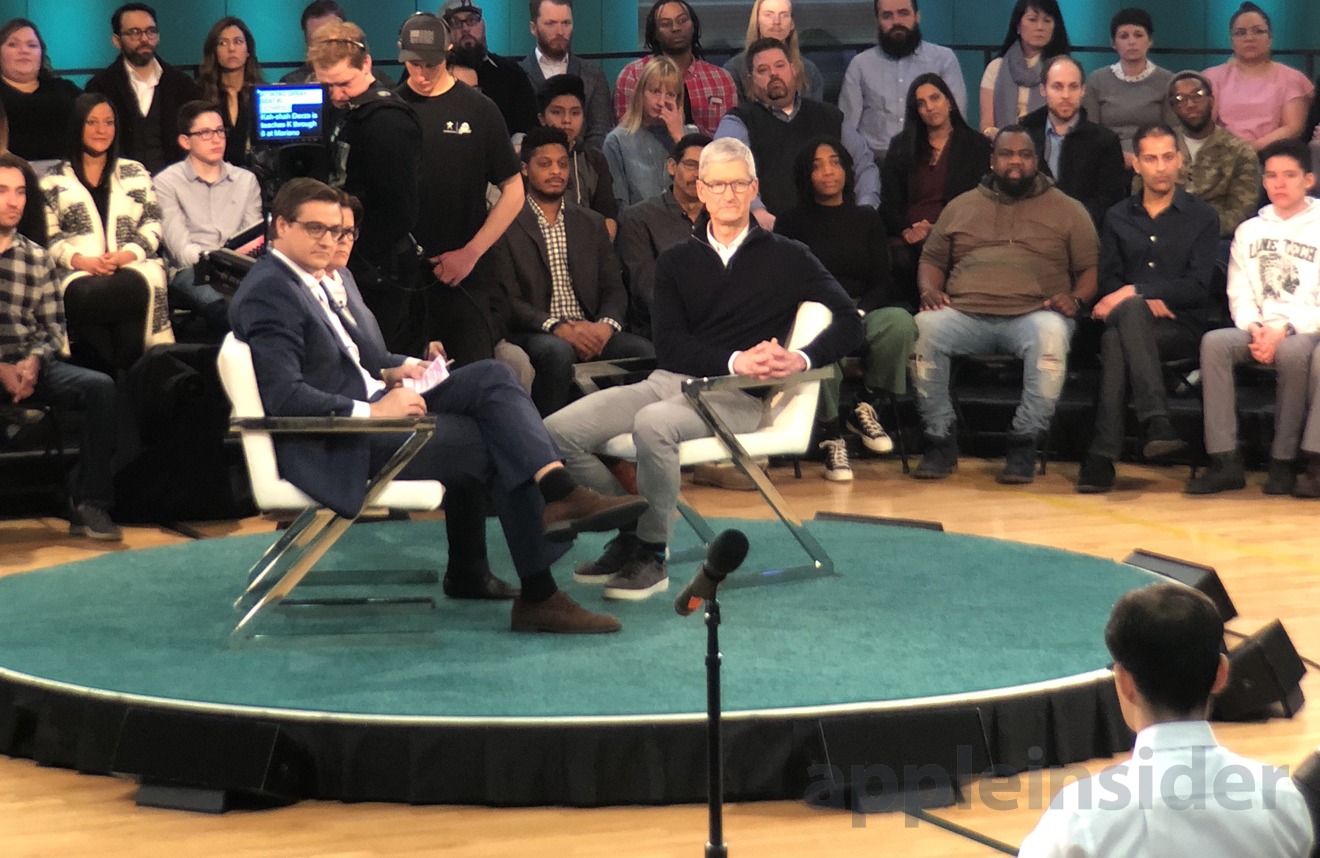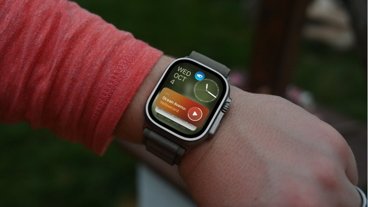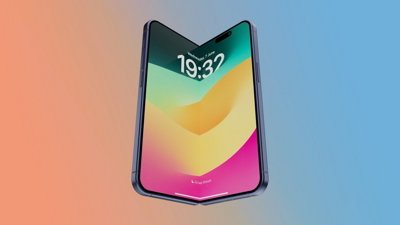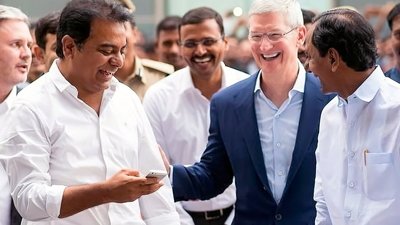'Change needs to happen' to the way students are taught in schools, Apple CEO Tim Cook insists in Wednesday's MSNBC town hall interview, with further comments on education touching on how to bring technology to disadvantaged classrooms and why everyone should learn to code.
In the interview with MSNBC and Recode for the "Revolution: Apple Changing the World" special, due for broadcast on April 6, Cook suggested programming was an important tool to learn. "You don't need a four-year college education to learn to code," he insisted, but added the existing focus on coding needs to be widened to add creativity.
This does not just include bringing technology to arts classes, but to other subject areas, with Cook advising it needs to hit the "intersection of liberal arts and technology. That intersection is where we can amplify learning and creativity."
When pressed that many solutions to incorporate technology into education have been attempted but ultimately didn't succeed, Cook was asked if Apple has a handle on what can work. Pointing out Apple's involvement in education for the last 40 years, Cook claims "Our perspective is teachers are jewels. We don't think it is the fault of the teachers."
Apple's products are simply tools, Cook adds, meant to help people instead of replacing them.
On Apple's push to bring iPads to the classroom, Cook states they are a reasonable expenditure for schools and educational institutions, especially when considered over a three to four-year device lifespan. As a reasonably wealthy country, Cook thinks the United States should invest in the concept.
"I think there is a lot more right about public education than there is wrong," Cook mused, with teachers doing a great job to integrate technology into lessons and using it to engage students.
Asked about how all schools, including those in underserved areas, could take advantage of technology, Cook admits "Tech has helped all countries, but hasn't done so equally." Equal opportunities need to be offered, but Cook thinks this has yet to be the case in the United States. Cook warned "Change needs to happen" to the educational system.
In explaining the benefits of learning to code, a teacher pointed out it was for students to learn about problem solving, logic, and how to approach a challenge, skills that can be applied in other areas. Learning about coding is also said to help demystify technology.
"I want America to be strong, first and foremost, and I think to do that, we need to code," insists Cook. "It is a language and it is everywhere in our life. It is problem solving. You need critical thinking to know what is fake and what is real."
The key point of Apple's new focus on creativity "is we want kids to be creatives, not just consumers." Apple wants students to create, to write, to make movies, to record a podcast, using the tools at their disposal.
Looking to the future and employment, Cook declares that "education is lifelong," in that people can't simply go to school for 12 years and stop learning. People need to embrace education as a lifelong process, as jobs are always being replaced by someone or something, forcing people to change.
A suggested opinion of poor future job prospects isn't correct, he suggest, adding that many more jobs have been created than those that have been displaced. However, society has performed a bad job at helping those displaced workers into new opportunities.
When asked if tech companies have a responsibility to help retrain displaced workers, Cook says it should be something where governments and businesses work together to tackle the problem. Apple does have a responsibility, the CEO adds, in that it has even made its own coding language to make it easier to move into technology-related roles, and has tried to produce a suitable curriculum for schools.
"Wouldn't society be great if we could all work a little less but still earn what we do?" Cook mused, before noting there are approximately half a million software jobs not being filled, which will grow to 2 to 3 million in the next few years. More people need to get into coding, he insists, including reaching out to women and unrepresented minorities.
"For Apple, we are taking the responsibility. Businesses should be about more than making revenue and profits."
 Malcolm Owen
Malcolm Owen







-m.jpg)






 Andrew Orr
Andrew Orr

 William Gallagher
William Gallagher
 Christine McKee
Christine McKee


 Charles Martin
Charles Martin



-m.jpg)






19 Comments
It's certainly a step in the right direction!
Despite this push to make everyone a programmer, we still need skilled trades to actually build things.
We need coders...to code for iOS and MacOS (of course) to further cement Apple's domination. Yes, folks - the answer to jobs and employment is to make everyone a programmer, and sure, all goods can come from overseas. We won't actually build things any more.
You can't code clothing, furniture, cars, airplanes, MRI machines.
What is that saying? When all you have is a hammer, everything looks like a nail?